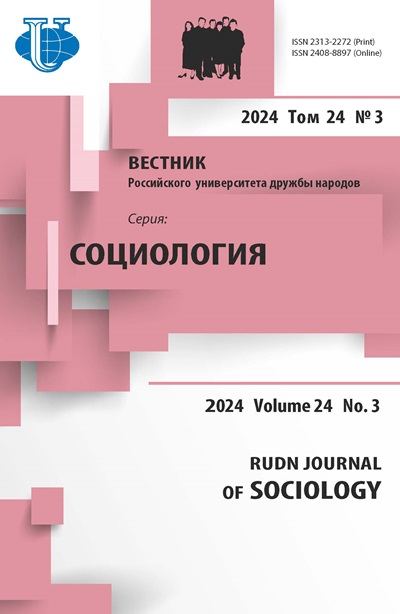“Ethical consumerism”: The specifics of sociological interpretation and present manifestations
- Authors: Trotsuk IV1, Davydenkova ES1
-
Affiliations:
- Peoples’ Friendship University of Russia
- Issue: No 1 (2015)
- Pages: 65-81
- Section: Articles
- URL: https://journals.rudn.ru/sociology/article/view/6104
Cite item
Full Text
Abstract
In recent decades, the phenomenon of “ethical consumerism” has become extremely popular in Europe and the United States. Unfortunately, in Russia it is little known and rarely studied; moreover, it has almost ceased to attract researchers’ attention after the 2008 global crisis, which halted the dissemination of consumer practices based on the principles of ethical consumerism. However, this very promising model has every potential to go beyond a small group of extremely rich customers if the economic situation improves and the dominant values and patterns of consumption change. The model of ethical consumerism is gradually beginning to play an increasingly important role in today’s production of goods determining the corporate earnings and in some cases the very length of the market life of products, brands and entire manufacturing companies. The article describes the main approaches to the study of contemporary consumer practices, and shows that today ethical consumerism begins to control producers and consumers behavior and creates new standards of consumption. For instance, ethical consumers have a significant impact on the market situation for, as a rule, they use boycott as a method for correcting unscrupulous manufacturers’ behavior: the refusal to buy unethical products has negative impact on any business - reduces its profit, thus forcing manufacturers to take ethical demands of consumers into account.
About the authors
I V Trotsuk
Peoples’ Friendship University of Russia
Email: irina_trotsuk@rambler.ru
Sociology Chair
E S Davydenkova
Peoples’ Friendship University of Russia
Email: kate18.1992@mail.ru
Sociology Chair
References













